Attending an EMBO|FEBS Lecture Course
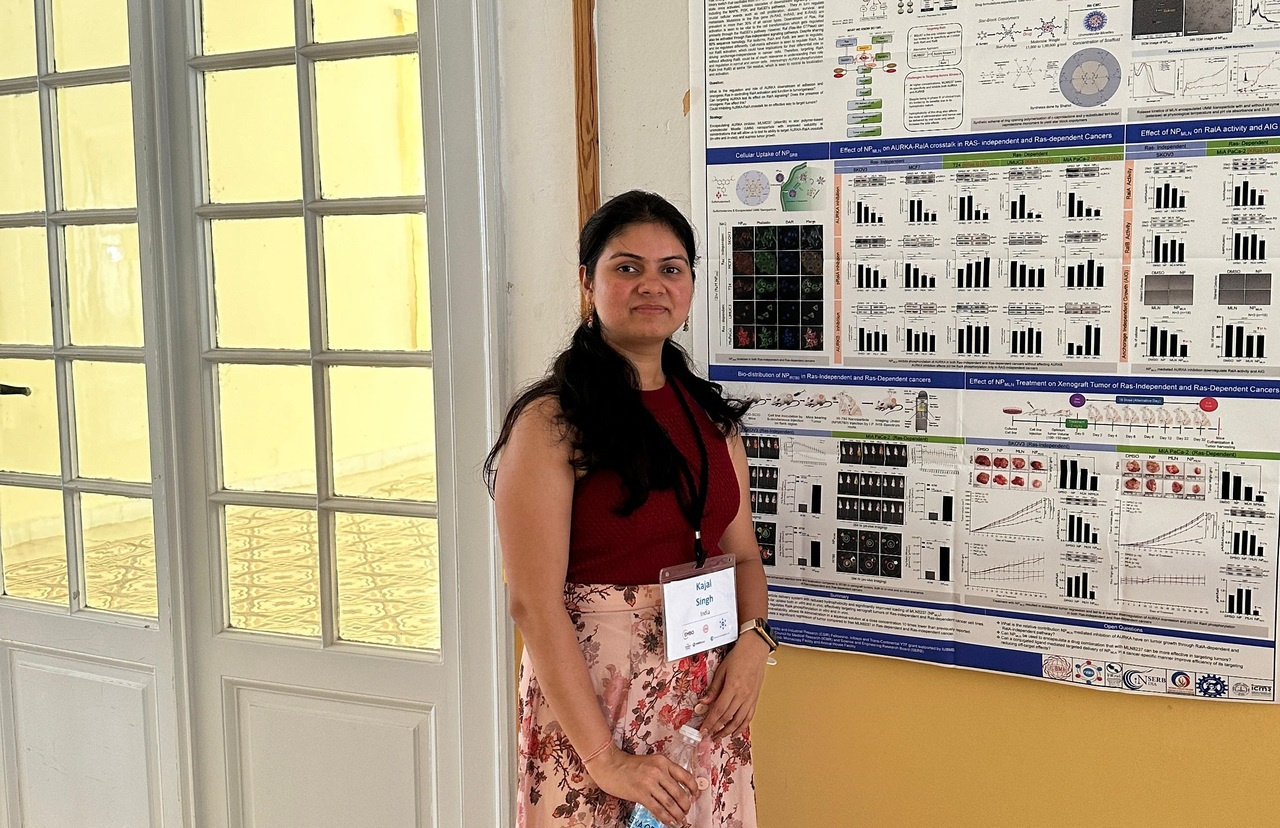
As a graduate student, I am always pursuing a better understanding of what I study and the opportunity to explore how others are thinking about similar questions. At IISER Pune, in both my biology and chemistry labs we are also constantly encouraged to explore opportunities that will expand our scope of thinking. It is this quest that brought me to the Joint FEBS/EMBO Lecture Course 'Molecular mechanism in signal transduction and cancer' (Spetses, Greece, 18–26 August 2024).
I was particularly drawn to this event for several reasons. Firstly, this meeting was structured in a way where many speakers from all over the globe discussed their understanding of fundamental signal transduction pathways affecting key cellular processes, especially cancer progression. Secondly, the need to discover ways to target regulators of signalling pathways bridging the gap between basic and translational research was of great interest to me as it directly relates to my research objectives. Therefore, this was an unparalleled opportunity to enrich my understanding, engage with like-minded peers, and contribute to the broader discourse surrounding cancer biology and therapeutic interventions. The opportunity to visit and spend time in Greece was an added motivation.
Transcontinental Youth Travel Fund grant
Attending the course, however, posed financial challenges. While my research in India is funded by a fellowship from the Council of Scientific and Industrial Research (CSIR) and there are some travel grants within India that I could apply for, these are few and very competitive to get and cover a small fraction of the costs of the meeting. A comprehensive grant that will realistically cover meeting registration, travel and visa costs was hence vital for me to be able to attend this meeting.
It was then that I heard about and decided to apply for a Youth Travel Fund (YTF) grant. While this is primarily for European students, a Transcontinental YTF grant was available for students outside Europe through a collaboration with IUBMB (the International Union of Biochemistry and Molecular Biology). Support from my graduate advisor and the generous consideration of the organizers, Prof. Boudewijn Burgering and Prof. René Medema, made it possible for me to be considered for this grant. I have to add that prompt guidance from Willem-Jan Pannekoek through the application process was vital. Receiving this international travel grant was not just an honour but also provided the much needed financial support that enabled me to attend the meeting. It’s something I am hoping to encourage more students from India to apply for in the future as well.
Meeting venue and events
The meeting was held on the picturesque island of Spetses, Greece, where the stunning sea views and fresh summer air created an unforgettable experience. I was immediately struck by the event's impressive scale when I entered the conference venue at the Anargyreos & Korgialeneios School of Spetses (AKSS). Attendees came from across Europe and the United States, ranging from early-career PhD candidates to senior postdocs. However, it was notable that I was the only student from India who attended the meeting. What truly stood out was the excellent gender balance among participants. This Advanced Course featured a diverse lineup of exceptional faculty, including emerging young leaders and established senior researchers. The course comprised a lecture series of invited speakers, student poster presentations, student talks, boat trips, beach discussions, dinner parties, and meet-the-experts sessions. Overall, this advanced lecture course was a unique blend of experiences that offered profound insights into the science I was interested in and allowed for significant personal growth.
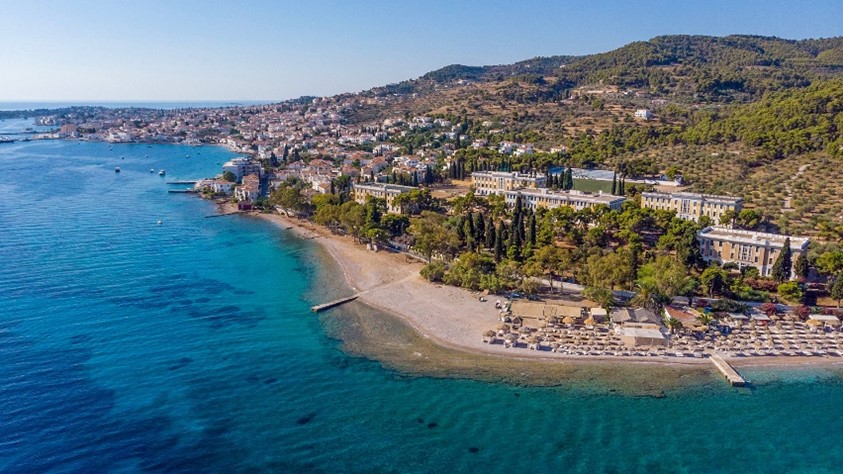
Lectures by invited speakers
The course covered many topics, unified by a central theme of understanding molecular mechanisms in signal transduction and their role in cancer. Nearly every aspect of cell and molecular biology was addressed, including insights into cancer progression and treatment, fostering cross-disciplinary exchange of ideas and collaboration. I truly appreciated how each speaker highlighted the importance of translational research, emphasizing the bench-to-clinic approach. The lectures spanned topics such as DNA damage signaling and repair, targeting cancer aneuploidy, metabolic influences on cancer, ubiquitin and autophagy networks, the human kinome, chemotherapeutic drugs and immunotherapy, overcoming treatment resistance, cellular heterogeneity, and epigenetics in cancer. The discussion on scientific publishing was especially valuable, offering practical advice on what to consider when preparing your research for publication.
Poster presentations and student talks
The success of the meeting heavily relied on the active participation of students, and this one was no exception. Students from diverse backgrounds contributed significantly, each with unique expertise and a passion for science. The poster sessions were designed for all attendees to present, with a few were chosen to give talks. I appreciated how the organizers ensured student engagement by dividing the poster sessions into two groups. Members from Group 1 could volunteer as a jury to evaluate posters from Group 2 and select speakers for student talks, and vice versa. This enthusiasm was evident throughout, from volunteering to serve on the jury and evaluating student posters for the student talks to switching roles and presenting your poster to be judged by the jury from the other group. I volunteered as a jury member and presented my poster for evaluation by the other group’s jury, and I was thrilled to be selected for the student talk.
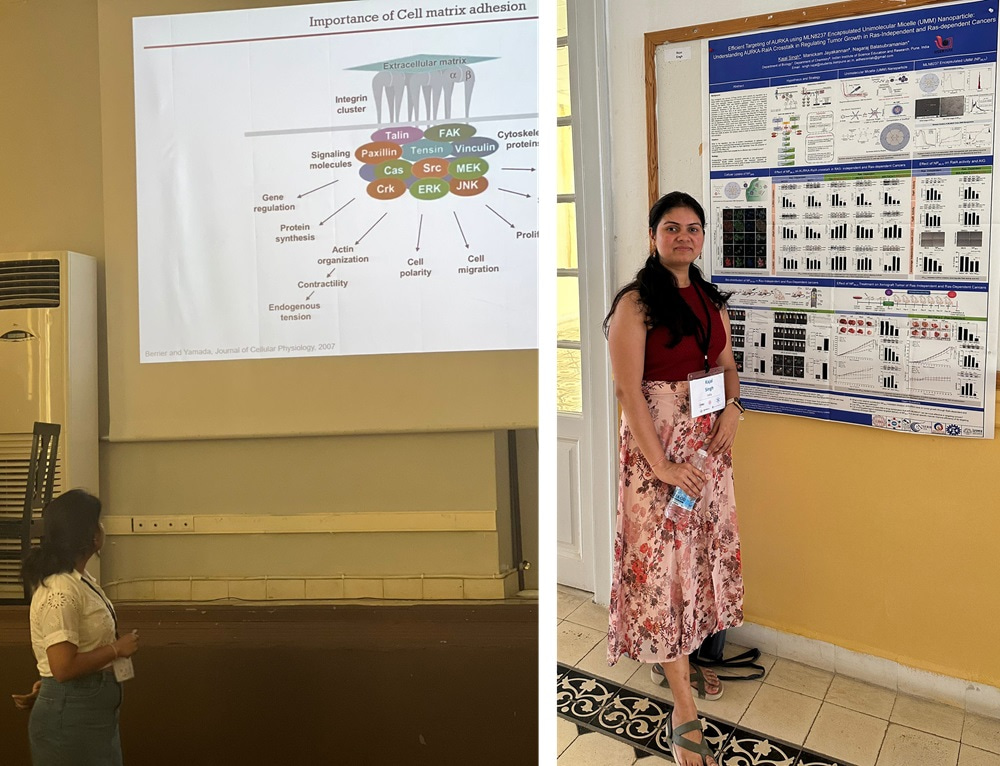
Boat trips and beach discussions
Boat trips and beach discussions were among the highlights of this lecture course, offering a more informal setting where professors and students could freely interact and exchange ideas beyond science. Topics ranged from careers after Ph.D., women in science, and the importance of collaboration in science. These discussions provided valuable insights on questions we, as early-career researchers, often contemplate but rarely get answers to until much later. The value of these sessions and the conversations they sparked will stay with many of us even after the meeting.
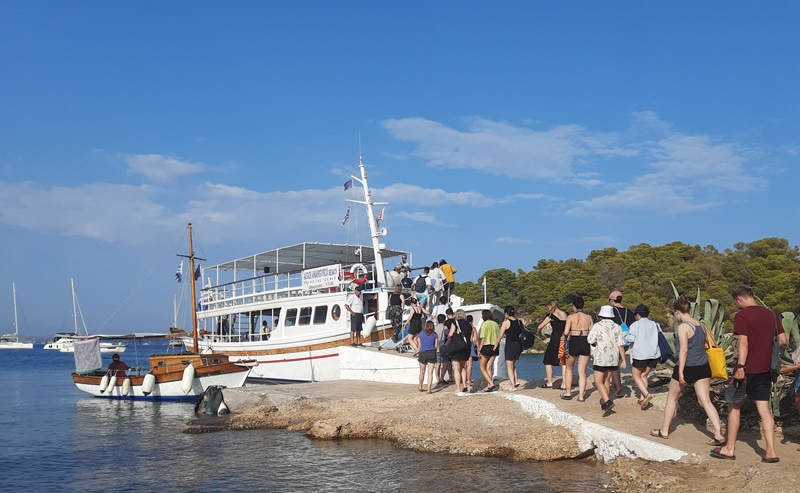
Meet the experts sessions and farewell party
A unique aspect of this lecture course was the "meet the experts" sessions, where professors were grouped by their expertise, allowing students to join discussions relevant to their interests, such as Mass Spectrometry, proteomics, ChIP-seq, CRISPR-Cas9, and single-cell metabolomics. These sessions were useful to help understand the fundamentals of various lab techniques. The course concluded with a farewell dinner filled with fun and new friendships.
Translating my learning to shape the future
Attending this lecture course was an exceptional experience, offering unparalleled learning opportunities and a chance to interact with experts and peers, broadening my understanding of diverse perspectives in the field. In addition to attending expert lectures, a chance to present and talk about my work and receive invaluable insights from professors like Prof. Michael B. Yaffe, Prof. Matthew Vander Heiden among others, added to the experience. The student-driven format encouraged active participation and multidimensional learning. Meeting other students from across the world at the meeting revealed how many of the challenges student face are universal concerns, and also helped me understand how others are coping with the same. Making new friends at the meeting, who I hope to meet and maybe even work with in the future was an added bonus. I strongly encourage attending a Joint FEBS/EMBO Lecture Course for those looking for inspiration and a deeper insight into cancer biology and translational research.
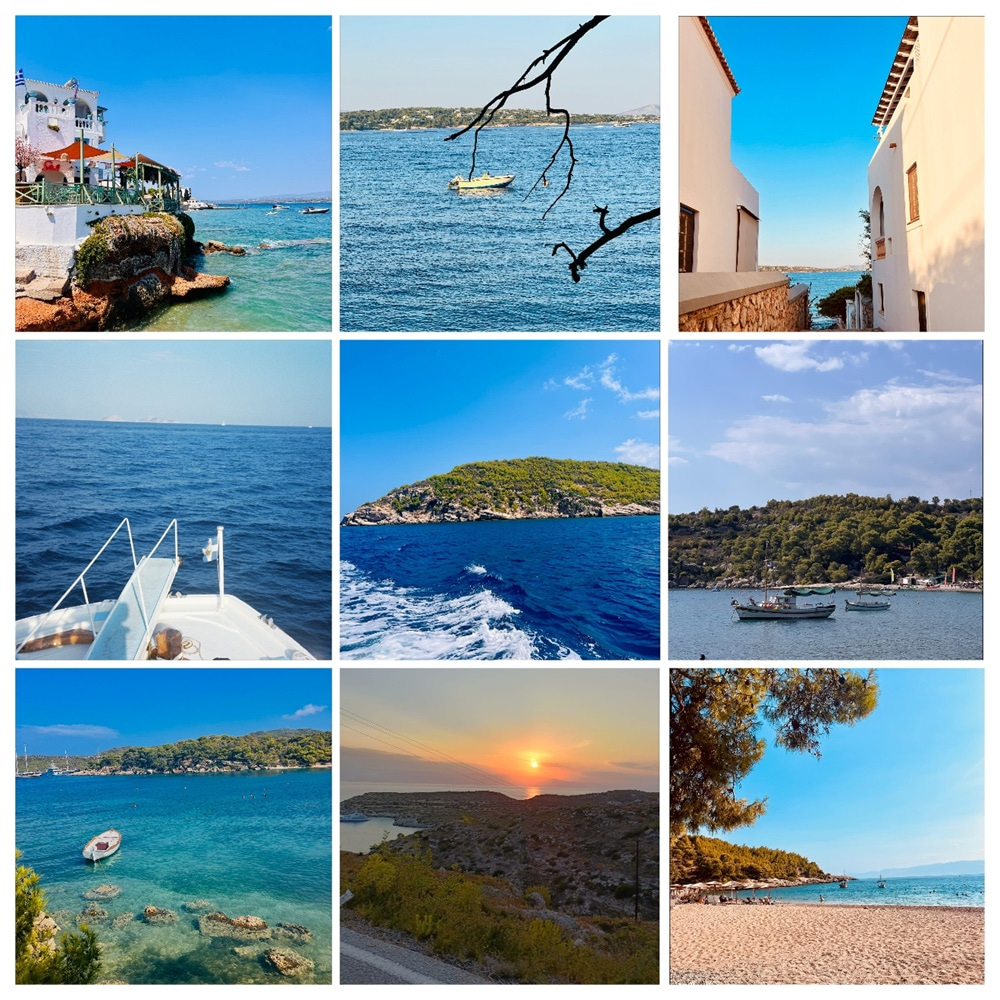
For more information about the FEBS Advanced Courses programme visit the FEBS website.
All images by Kajal Singh.
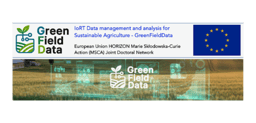


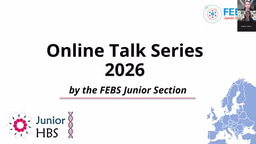

Join the FEBS Network today
Joining the FEBS Network’s molecular life sciences community enables you to access special content on the site, present your profile, 'follow' contributors, 'comment' on and 'like' content, post your own content, and set up a tailored email digest for updates.